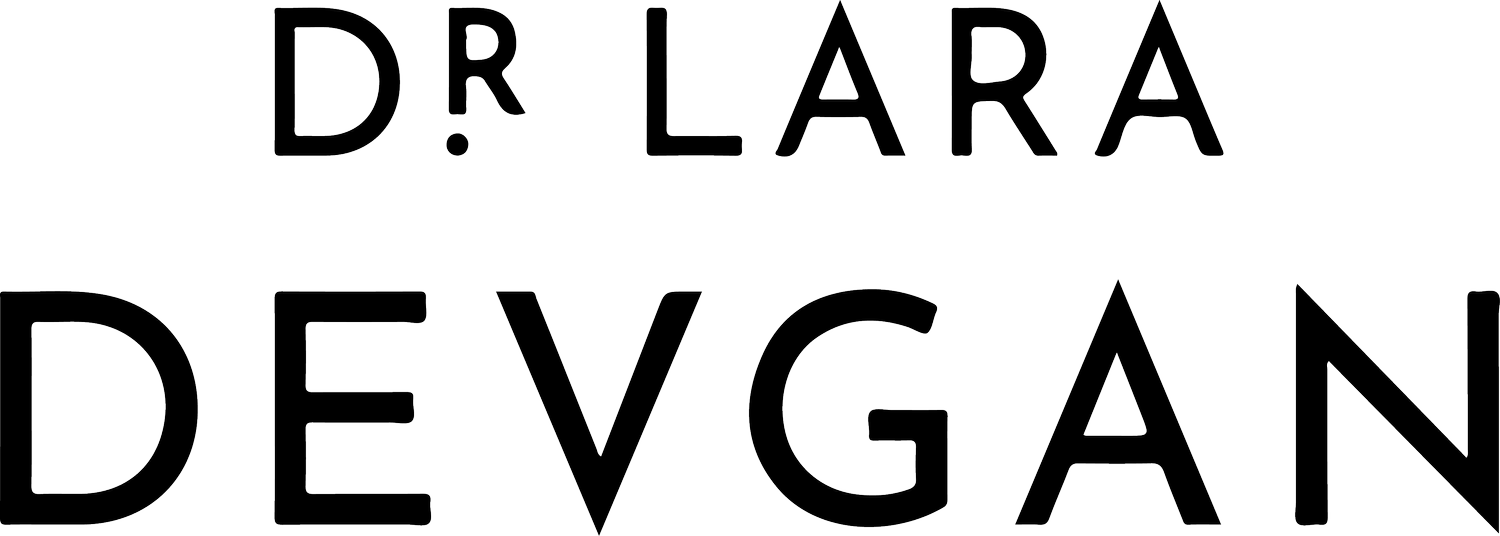This ran as an invited article for The Doctor Blog by ZocDoc on February 24, 2016.
I’m a Plastic Surgeon and a Woman. Here’s What Beauty Standards Mean to Me
February 24, 2016 By Lara Devgan, MD
When I introduce myself as a plastic surgeon, I am often greeted with surprise. Between the slightly quizzical looks, the concerned head tilts, and the explicit queries, the question is clear: How could a woman of substance find herself in that line of work?
The truth is that real plastic surgery (in my world, at least) is nothing like its media representations. The nipped and tucked patients with outlandish requests, the salacious and provocative doctors, the ostentatious displays of wealth and consumption – these have nothing to do with my life or career. Plastic surgery, at its core, is an academic discipline that requires more than a decade of intense study, anatomic mastery of the entire human body, and precision surgical skills that are fine enough to sew a one millimeter blood vessel and strong enough to put the abdominal muscles back together. My patients are real, relatable human beings who have concerns about their physical appearances.
When I plan my surgical cases – whether they are reconstructive operations for breast cancer or broken facial bones, or cosmetic operations for facelifts or breast implants – I go through the same rigorous procedure. I examine, photograph, measure, and map out my incisions and approach. I review the patient’s medical history, prior surgeries, allergies, family history, and relevant habits. I consult with internists, anesthesiologists, radiologists, and hematologists to make sure each patient is optimized for surgery. Finally, I carry out the operation with attention to the highest standards of safety and quality. Plastic surgery, from the surgeon’s standpoint at least, is a serious intellectual field with a heavy dose of art and science.
Although a significant portion of plastic surgery procedures are reconstructive (for cancer, burns, injuries, and congenital anomalies), the majority of my practice is devoted to cosmetic surgery. And as a woman, wife, mother, expert in aesthetics, and board-certified plastic surgeon, I make no apologies for that fact.
Real, complex, intelligent women and men care about their appearances. It is part of the human condition to want to present yourself in the best way you can. There is no shame in wearing makeup, getting your gray hair colored, buying fashionable clothes, or working on your abs, and there should be no shame in getting plastic surgery either.
Elle magazine writer Elissa Strauss tackled this subject in an article she penned for Elle.com last year: “The way we talk about women who get plastic surgery is based on the assumption that caring about our looks and caring about our souls is a zero sum game,” she wrote. But the truth is that “[w]e are more than capable of searching for internal truths with lipstick on, being feminists with face lifts, or choosing something a little fake while also being very real.”
The beauty standards that are so prevalent in our modern zeitgeist are not abhorrent simply because they exist, but because they exist against a notion of effortlessness. You must be born beautiful, wrinkle-free, with a taut abdomen, a perfect nose, full lips, and the spoils of the genetic lottery, or else you are a superficial “plastic surgery junkie.” This concept that there is no solution to having something about yourself that you dislike is limiting, disheartening, and false.
The reality of plastic surgery is that it can be an incredibly empowering way to harness artistry and technology to help people feel better about themselves. It is this part of my job that I enjoy the most. You can be a brilliant lawyer and want larger breasts. You can be a successful businessman who dislikes his nose. And you can be a woman of substance and also be a plastic surgeon. I have a wall of diplomas and thousands of patients to prove it.














